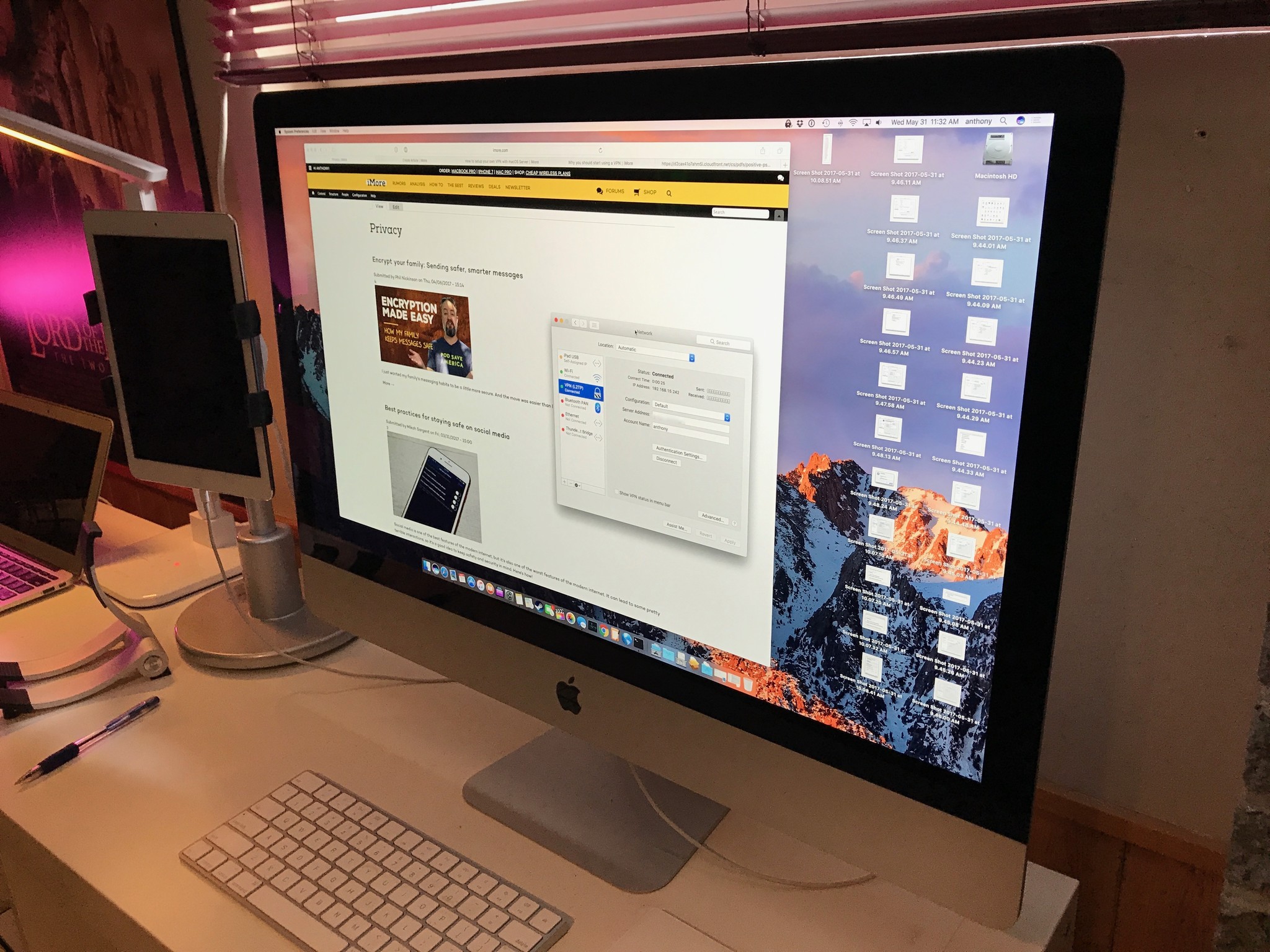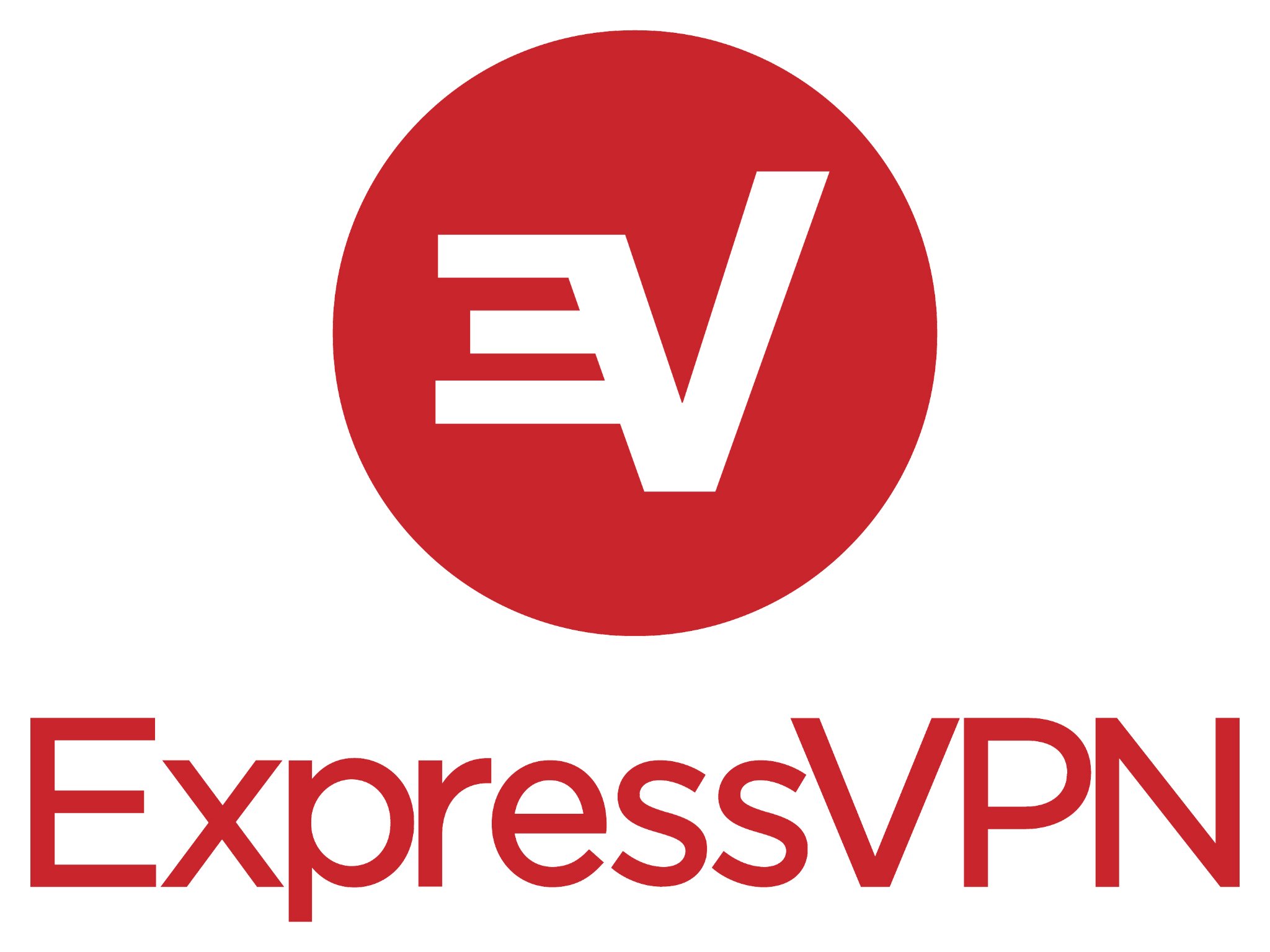Do Macs have a built-in VPN?

While the latest Windows 10 developments have highlighted the existence of a Windows 10 VPN client you might be wondering if Macs have a similar built-in VPN. Much like the Windows 10 equivalent, that answer mostly depends on what you're looking for from a VPN.
Much like its Microsoft counterpart, MacOS doesn't have a dedicated VPN service in the way you might be expecting, but it does have a built-in client that may be useful for some folks. Read on and we'll tell you all about what's meant by the macOS built-in VPN.
The Mac built-in VPN isn't actually a VPN service
Much like the Windows 10 take on a VPN client, the Mac built-in VPN may confuse you. See, it merely refers to how you can connect to a private network such as one set up by your company or educational intuitional so that you can access files remotely. Basically, as the term suggests, Virtual Private Network, means you can pretend your system is physically connected to your business network when you could be anywhere else in the world.
Nowadays, people see the term VPN and think of VPN services that allow them to subscribe in a bid to anonymously browse the internet, share files, and - often - dodge geo-restrictions when watching streaming services. The Mac's built-in VPN isn't designed for that, but it is possible with the addition of a VPN service subscription.
The macOS VPN client needs advanced setup for most users
So, where is the Mac built-in VPN, you ask? It's hidden away in the Network section of System Preferences. Simply hit the + sign and start entering details, assuming you know what you're doing. Amongst a very intuitive OS, this side of things almost knows that only advanced users will be setting up a VPN this way. Don't expect much of a helping hand if you do need to use it.
You can use it to enter details of either a private network such as your school or company, or you can use it if you want to get more hands-on with your VPN service. The latter isn't recommended though, and we'll go into why.
The macOS VPN client isn't the simplest of methods, and a VPN service's client is better. As we said, the macOS VPN client isn't straightforward to use. In contrast, almost all VPN service clients are straightforward to use and take moments to set up. They're designed with the specific VPN's feature set in mind which means the whole experience is generally far more intuitive. They also tend to offer far more features like switching between countries quickly or adding extra protection to your service.
The macOS VPN client isn't cut out for that as it's meant to be used for connecting to a private network remotely. Its interface might look less than simple to an untrained eye, but it's actually relatively straightforward if you know the settings.
The Mac's built-in VPN probably isn't what you think it is
Simply put, the Mac built-in VPN almost certainly isn't what you think it is. It sounds like it'll give you access to everything you could want from a VPN like extra privacy when accessing sensitive information like your bank account, as well as giving you ways of getting around geo-restrictions when streaming your favorite shows. In reality, though, this is what a VPN service offers.
To get these benefits, you'll need to subscribe to a VPN service like ExpressVPN to enjoy a more secure connection. Otherwise, you need to use the Mac's VPN options for connecting to something like your company or school's network remotely - something that an increasing number of us are doing right now with work from home measures still in place.
So, do Macs have a built-in VPN?
Still confused? The answer to the question is no. Macs have the capability for VPN settings to be added without the need for a third-party client, but they don't magically allow you to connect to private networks unless you already know all the settings. To enjoy extra privacy, you'll need to sign up for a VPN service yourself. In which case, it's smart to use the VPN's dedicated client rather than set it up yourself manually.
We test and review VPN services in the context of legal recreational uses. For example:
1. Accessing a service from another country (subject to the terms and conditions of that service).
2. Protecting your online security and strengthening your online privacy when abroad.
We do not support or condone the illegal or malicious use of VPN services. Consuming pirated content that is paid-for is neither endorsed nor approved by Future Publishing.
iMore offers spot-on advice and guidance from our team of experts, with decades of Apple device experience to lean on. Learn more with iMore!


